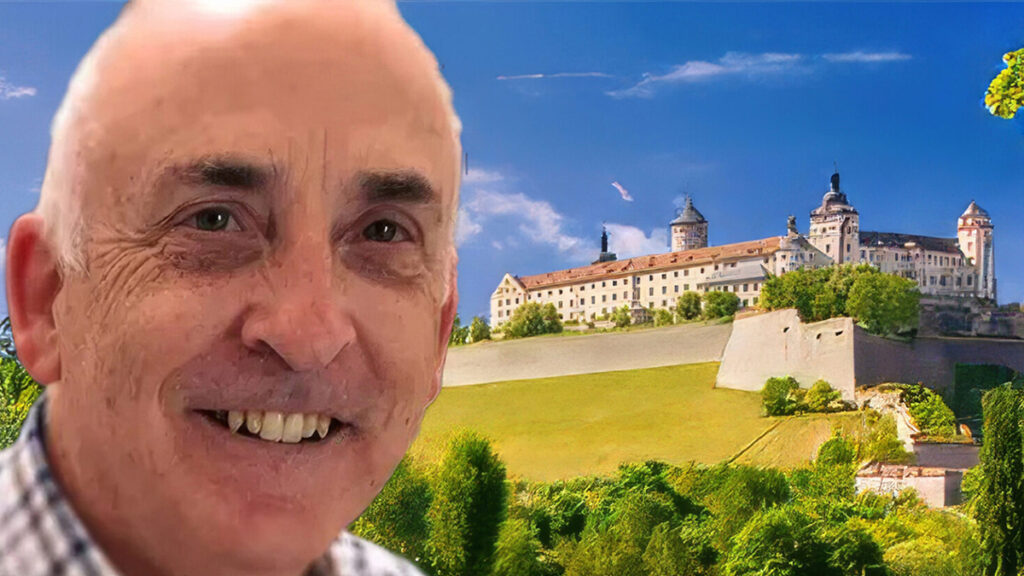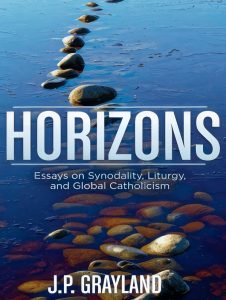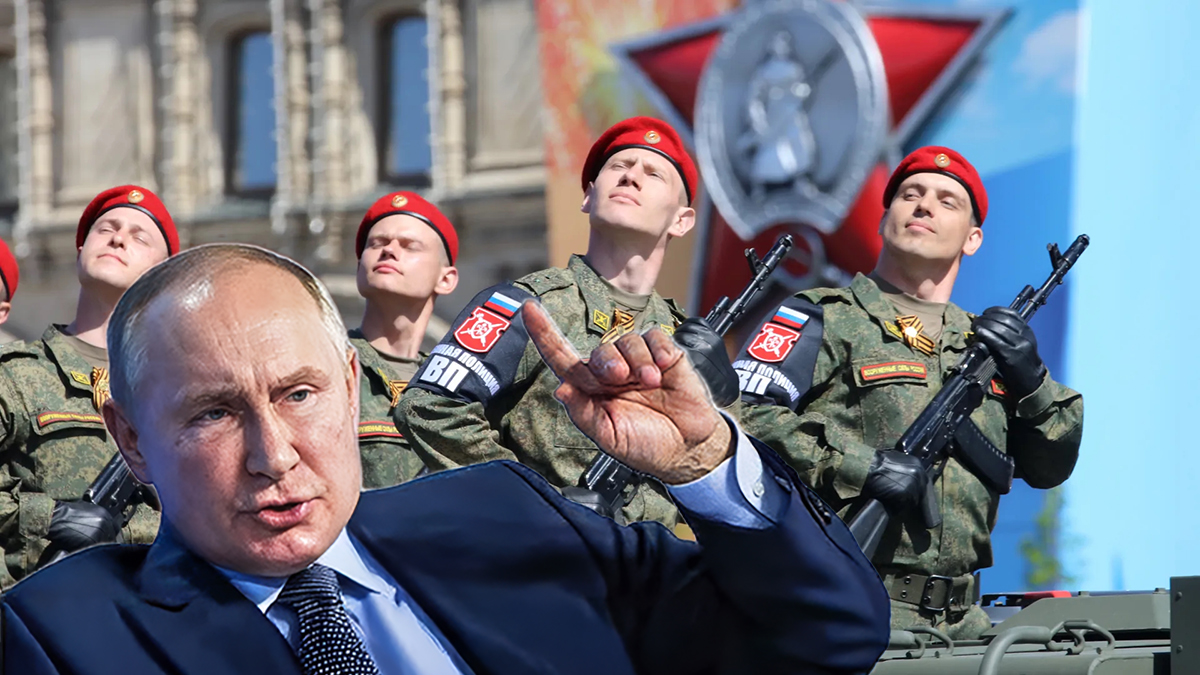Anyone willing, convicts, the chronically ill, and those once deemed unfit are now eligible to enlist in Russia’s military.
“Men aged 18 to 63, we consider those with diseases – HIV, hepatitis. We accept those on parole and convicts,” reads an advertisement on Vkontakte, reports The Telegraph.
The offers are staggering: contracts worth ten times the average regional wage, along with housing perks, tax breaks, and childcare benefits.
In poor communities, the chance is difficult to resist.
A war economy takes root
The war has revived industries abandoned after the Soviet collapse. Factories run around the clock. Wages in metals and manufacturing have surged, while doctors and teachers see little change.
In poor regions, the contrast is stark. Families who once struggled now have disposable income. Gyms, restaurants, and services are appearing in towns where such luxuries were unthinkable, and soldiers’ children are fast-tracked into universities.
War has not just preserved the economy. For some, it has created prosperity.
Death as an economic engine
The system reaches its peak in death benefits. Families of fallen soldiers are paid many times the average wage. These payments often transform entire households and communities.
“Going to the front and being killed a year later is economically more profitable than a man’s further life,” says Russian economist Vladislav Inozemtsev.
He calls the phenomenon “deathonomics.”
It is a brutal truth: Russia’s war economy turns tragedy into social mobility. Those who might once have been written off by society are now elevated by sacrifice.
The fear of peace
This prosperity is fragile.
When soldiers return, savings will dwindle, jobs will vanish, and wages will collapse.
Economists warn of unrest similar to that seen in Germany after World War I or in Russia after Afghanistan.
For now, peace is the greater threat to those who benefit. Many families quietly fear what will happen if the war ends and their new standing evaporates.
The soul’s undoing
Here lies the real scandal. An economy that thrives on loss cannot sustain a just peace. It may keep factories humming and families afloat, but it corrodes moral order.
This distortion is more than economic. It is spiritual and moral decay.
By placing higher value on sacrifice than survival, Russia has engineered a system that rewards destruction over creation.
Families prosper not through education, innovation, or labour, but through the enlistment, and often the death, of their sons.
Such prosperity cannot last. It builds dependence on endless war and erodes the very foundations of human dignity.
The risk is not only instability when peace returns, but also the normalisation of death as an economic tool.
Despite Pope Leo’s efforts to pursue peace through dialogue and his public prayer, a nation that finds more opportunity in loss than in life is not rising, but sinking into despair dressed up as progress.
Russia’s tragedy is not simply that war has killed so many. It is that for some, peace has become unaffordable. And that, in the end, is a far greater defeat than any suffered on the battlefield.
“Every war leaves our world
– Pope Francis – Fratelli Tutti, 26.
worse than it was before.
War is a failure of politics and of humanity,
a shameful capitulation,
a stinging defeat before the forces of evil.
Let us not remain mired in theoretical discussions,
but touch the wounded flesh of the victims.
Let us look once more at all those civilians
whose killing was considered collateral damage.”

- Dr Joe Grayland is an assistant lecturer in the Department of Liturgy at the University of Wuerzburg (Germany). He has also been a priest of the Catholic Diocese of Palmerston North (New Zealand) for more than 30 years.
- J.P Grayland’s new book Horizons: Essays on Synodality, Liturgy, and Global Catholicism is available as an ebook or print book.


